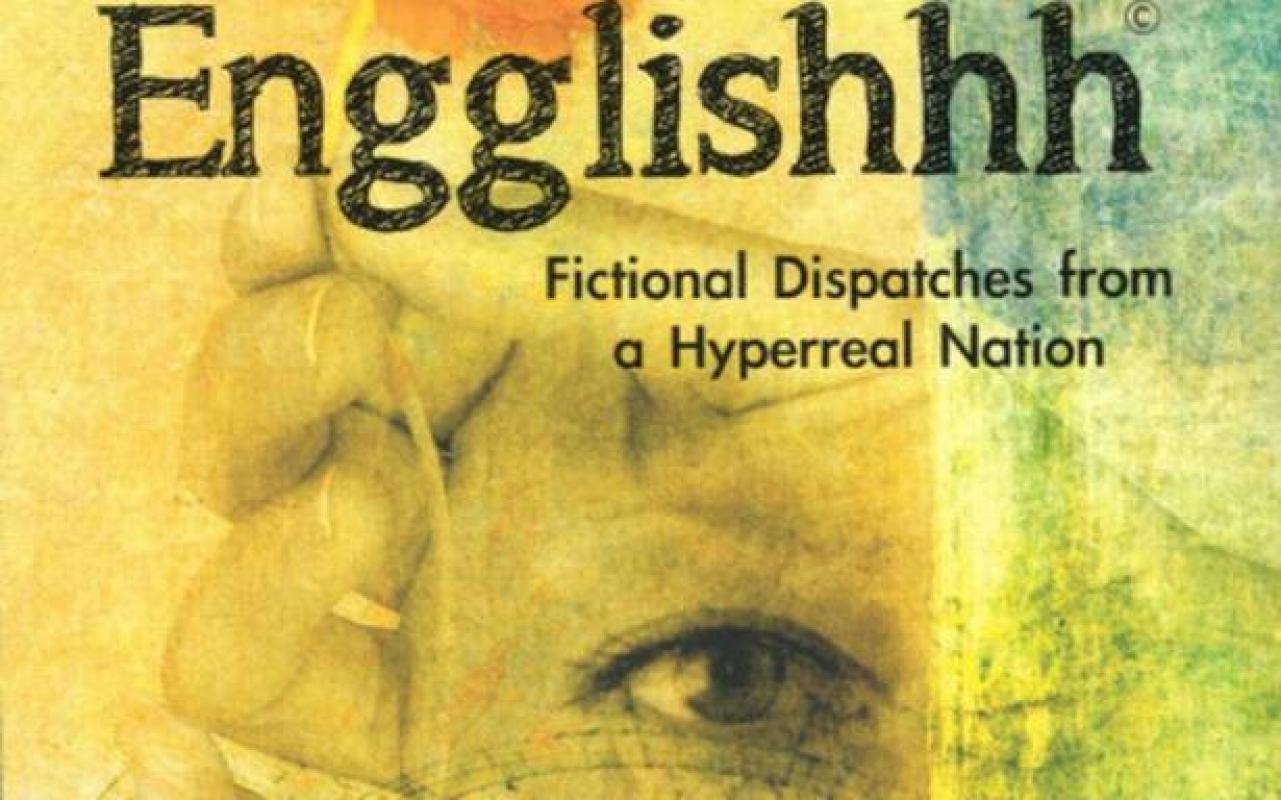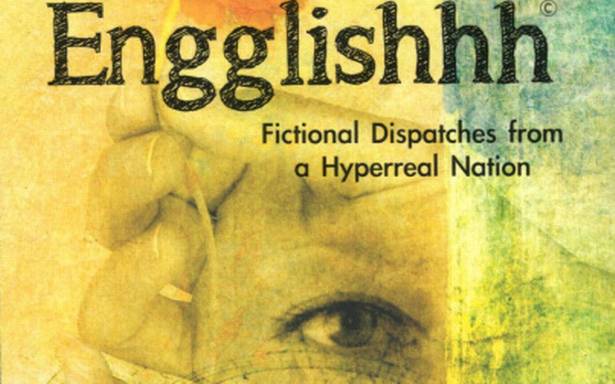Kalbų kodai
Autorius: Eugenijus Paliokas Šaltinis: http://paliokas.blogspot.lt/20... 2018-04-20 11:39:46, skaitė 722, komentavo 2


Lietuvių kalba – seniausia iš gyvųjų Indoeuropiečių kalbų. Struktūriškai ji tokia pati, kokia buvo vartojama tūkstantį metų iki Kristaus. Štai jos grynumo ir senos kilmės įrodymai:
Lietuvių kalbos kodas:
Lietus lyja
Sniegas sninga
Žolė želia
Kirvis kerta
Gimda gimdo
Dangus dengia
Mainulis mainos
Pinigai pinga
Pabandykit šitokį ryšį rasti kitose kalbose, kurias mokate. Nerasit. Jis pamestas. Iškreiptas keičiant prasmes. Kam reikėjo keisti žodžių prasmes? Siekiant pateikti melą kaip tiesą?
Anglų kalbos kodas
Finance fine
Realty real
Professional profitable
Merfio apibrėžimas: Profesionalas - žmogus, žinantis viską apie nieką.
Anglakalbiui kritikuoti finansų sistemą yra maždaug tas pats, kas mums burnoti ant puikumėlio. Tik beprotis gali taip elgtis, tiesa? Nekilnojamos nuosavybės (Real Estate) sąvoka angliškai mąstančio žmogaus smegenyse yra tapati realybės sąvokai. Profesionalo sąvoka anglui, priešingai nei sako Merfis, neatsiejama nuo pelningumo.
Ne veltui anglų kalba, kuri yra bene jauniausia Europoje, taip tinkama finansinės piramidinės struktūros buveinei – The City – įkurdinti. Ji kito, tiksliau, salą valdančių žmonių buvo keičiama, siekiant pateisinti ir įteisinti galiojančią tvarką. Įteisinti dabartinę finansinę sistemą. Todėl toji kalba visiškai nelogiška, įskaitant jos rašybą.
Anglų kalba – būsimoji antroji lotynų kalba. Lengvai tuo įsitikinsite, savo kompiuteryje paspaudę Control Panel > Regional and Language Options ir suskaičiavę anglų kalbas. Savo kompiuteryje jų radau 13. Noriu pasakyti, kad anglų kalbos, kaip vientiso dalyko, jau dabar nebėra. Kaip, griuvus Romai, tuometės imperijos kalba - lotynų - skilo į prancūzų, italų ir kitas Pietų Europos kalbas, taip ir anglų kalba galutinai skils kai grius Karūna – The Crown.
Tegul šis paskvilis visiems parodo anglų kalbos kilmę ir esmę:
Forwarded interpersonal message:
The European Union commissioners have announced that agreement has been reached to adopt English as the preferred language for European communications, rather than German, which was the other option. As part of the negotiations, Her Majesty's Government conceded that English spelling had some room for improvement and has accepted a five-year phased plan for what will be known as EuroEnglish (Euro for short).
In the first year, "s" will be used instead of soft "c". Sertainly, sivil servants will resieve this news with joy. Also, the hard "c" will be replaced with "k". Not only will this klear up any konfusion, but typewriters kan have one less letter.
There will be growing publik enthusiasm in the sekond year, when the troublesome "ph" will be replased by "f". This will make words like "fotograf" 20 per sent shorter.
In the third year, publik akseptanse of the new spelling kan be expekted to reach the stage where more komplikated changes are possible. Governments will enkorage the removal of double letters, which have always ben a deterent to akurate speling. Also, al wil agre that the horible mes of silent "e"s in the languag is disgrasful, and they would go.
By the fourth year, peopl wil be reseptive to steps such as replasing "th" by "z" and "w" by "v".
During ze fifz year, ze unesesary "o" kan be dropd from vords kontaining "ou", and similiar changes vud of kors be aplid to ozer kombinations of leters.
After zis fifz yer, ve vil hav a reli sensibl riten styl. Zer vil be no more trubls or difikultis and evrivun vil find it ezi tu understand ech ozer.
Ze drem vil finali kum tru!